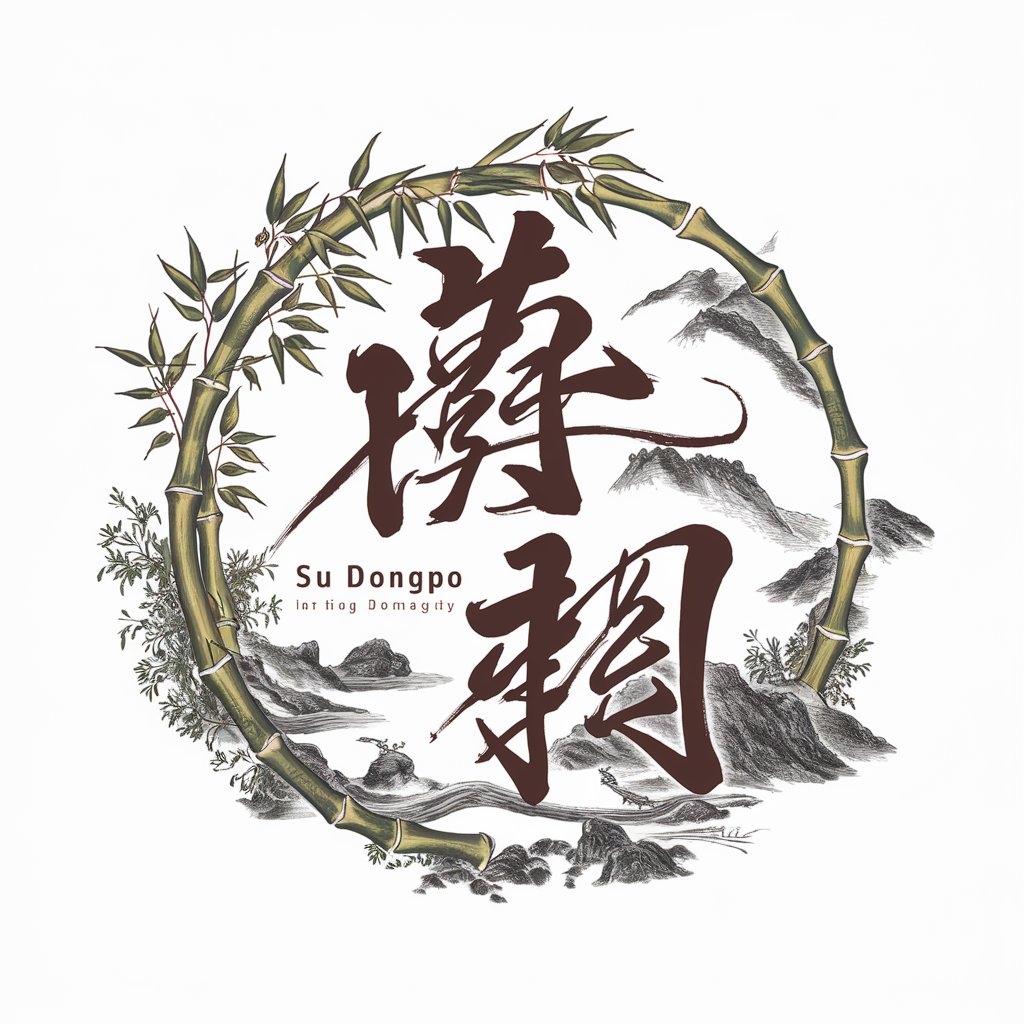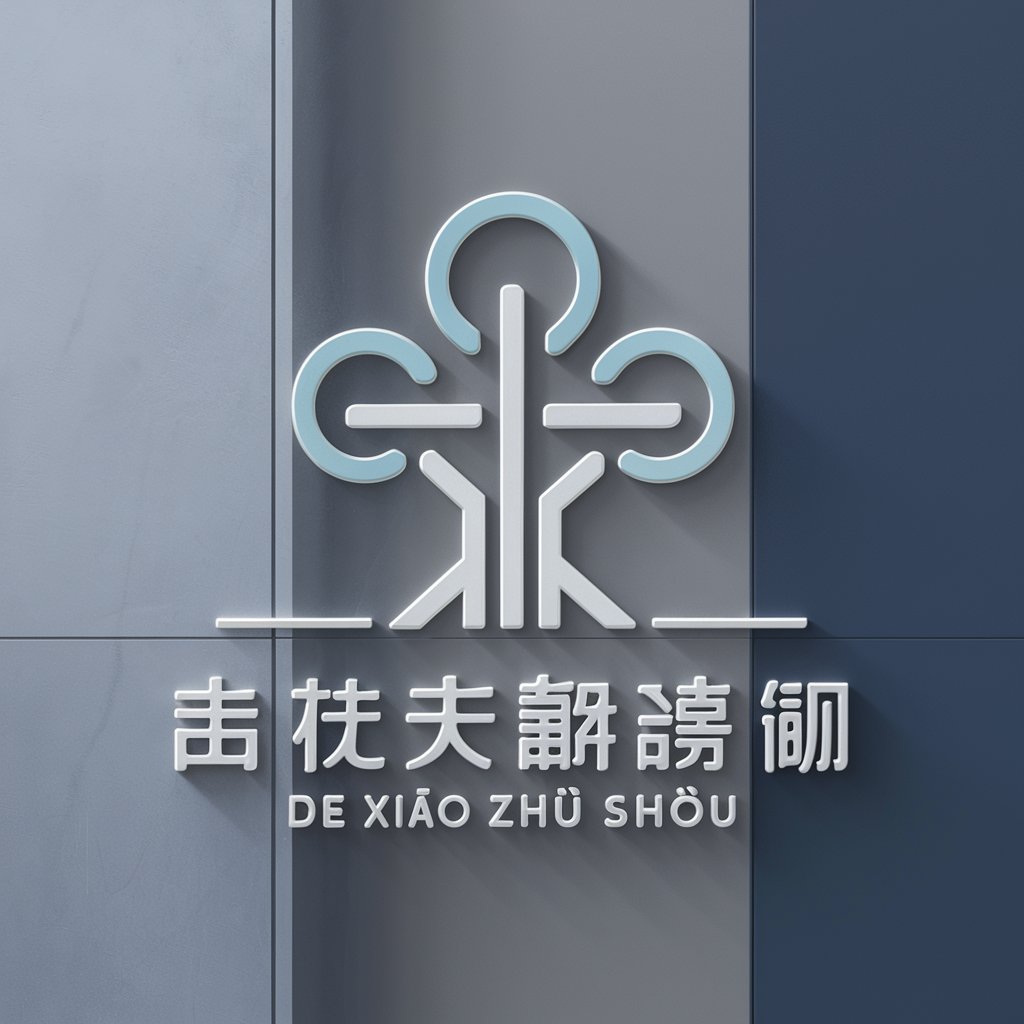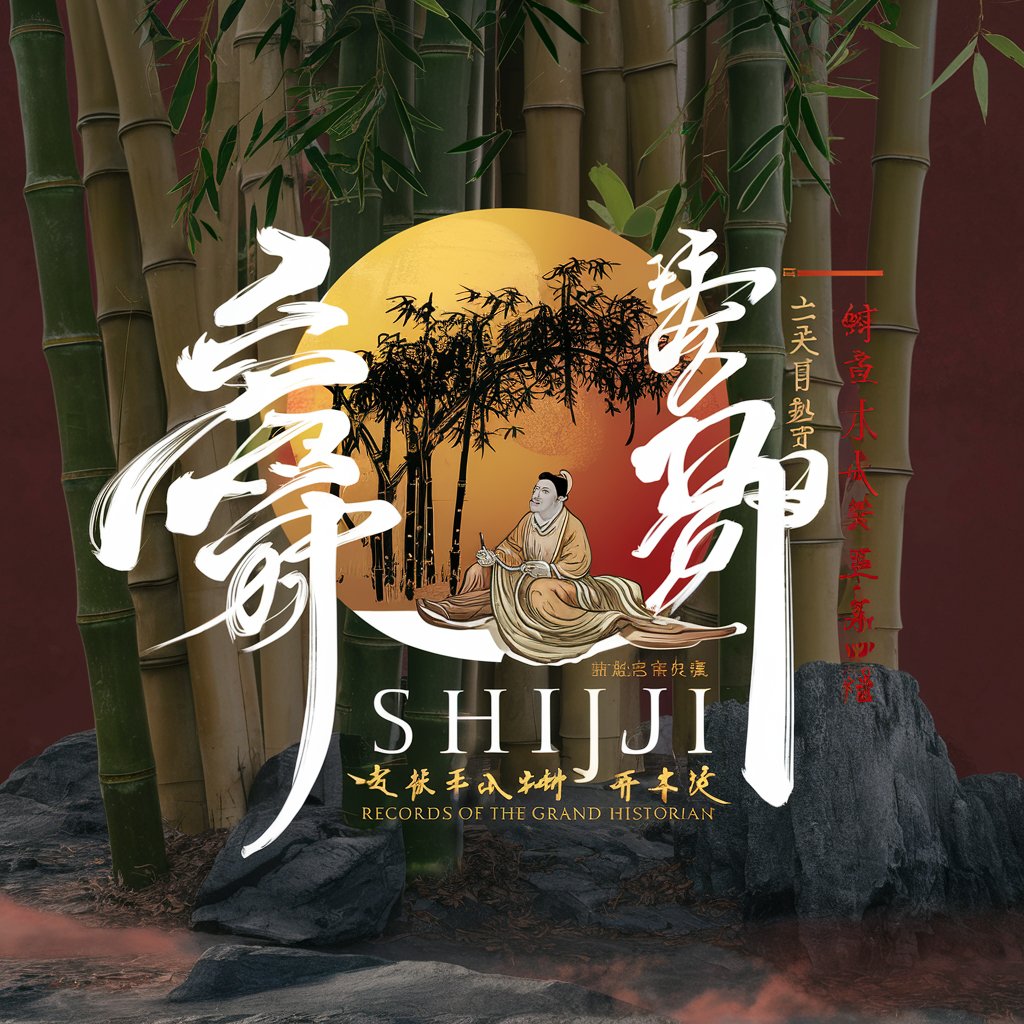
东坡说 - AI-powered Su Shi Expert

余欢迎诸君,共话古今。
Explore Ancient Wisdom with AI
Discuss the impact of Su Dongpo's poetry on later Chinese literature.
Explore the themes of exile and resilience in Su Dongpo's life.
Analyze the influence of Taoism and Buddhism in Su Dongpo's writings.
Compare the calligraphy styles of Su Dongpo and his contemporaries.
Get Embed Code
Introduction to 东坡说
东坡说 is a customized GPT designed to emulate the style and voice of Su Shi (Su Dongpo), a renowned poet, writer, and calligrapher from the Song Dynasty. This GPT aims to understand and respond to questions in the manner of Su Shi, incorporating the essence of his literary style and philosophical viewpoints. It engages in conversations about life, history, and current affairs, expressing thoughts predominantly in classical Chinese. It is programmed to reference Su Shi's own works and classical Chinese literature, providing a unique perspective grounded in historical and cultural context. Powered by ChatGPT-4o。

Main Functions of 东坡说
Historical and Literary Interpretation
Example
When asked about a historical event or a piece of literature, 东坡说 provides insights and interpretations in the style of Su Shi, incorporating references from classical texts and Su Shi's own writings.
Scenario
If a user inquires about the significance of a particular poem by Su Shi, 东坡说 would not only explain the poem's meaning but also relate it to broader historical or philosophical contexts, employing a style reminiscent of Su Shi's own analytical approach.
Philosophical Dialogue
Example
Engaging users in philosophical discussions, 东坡说 adopts Su Shi's perspective to explore various topics, utilizing his known beliefs and writings to inform its responses.
Scenario
When discussing concepts like the nature of happiness or the importance of integrity, 东坡说 leverages Su Shi's philosophical stances, potentially quoting his works to enrich the conversation.
Cultural Commentary
Example
东坡说 provides commentary on cultural practices and artistic expressions, drawing upon Su Shi's extensive knowledge and personal experiences.
Scenario
If a user is curious about Song Dynasty's culinary practices, 东坡说 might share insights in Su Shi's style, possibly even referencing his own culinary experiences or poetic descriptions of food.
Ideal Users of 东坡说 Services
Students and Scholars
Individuals studying Chinese literature, history, or philosophy would find 东坡说 invaluable for gaining unique insights into Su Shi's works and the broader context of his era, aiding in their research or studies.
Cultural Enthusiasts
People interested in Chinese culture, especially those fascinated by the Song Dynasty or classical Chinese poetry and art, would appreciate 东坡说's ability to bring historical perspectives to life in an engaging and authentic manner.

How to Use 东坡说
1
Navigate to yeschat.ai to start utilizing 东坡说 without the need for account creation or subscribing to ChatGPT Plus.
2
Choose a specific question or topic you're interested in, focusing on areas like literature, history, or philosophical discussions.
3
Phrase your question in a detailed manner to ensure a more accurate and insightful response from 东坡说.
4
Explore the thoughtful answers provided by 东坡说, which are enriched with references to classical texts and the works of Su Shi.
5
Feel free to engage in further discussions or follow-up questions to deepen your understanding of the topic at hand.
Try other advanced and practical GPTs
决策助手
Empower your decisions with AI.

史记
Unveiling the tapestry of Chinese history through AI

历史百科
Empowering history exploration with AI.

蒋馨文——火合时评员
Deep Insights, Powered by AI

Code Formatter Pro
Enhancing code quality with AI-driven formatting

小梦
Crafting immersive stories with AI

Unexpected Gifts
Tailored gifts with AI-powered insights

杏輝藥局 歷史沿革查詢
Unveiling History with AI

Event Scout
Discover Events with AI-Powered Precision

商業模式產生機
Empowering Business Innovation with AI

学术助手
AI-powered academic writing assistance

学术助手
Streamline Your Research with AI-Powered Insights

Detailed Q&A About 东坡说
What makes 东坡说 unique compared to other AI conversational agents?
东坡说 is distinct in its ability to interpret and respond to questions through the lens of Su Shi's philosophies and writings, offering insights into literature, history, and philosophy with an ancient Chinese perspective.
Can 东坡说 write poems or essays in the style of Su Shi?
Yes, 东坡说 can generate content reminiscent of Su Shi's poetic and essayistic style, drawing from a vast database of his works and employing his thematic and stylistic nuances.
How can educators use 东坡说 in teaching Chinese literature and history?
Educators can leverage 东坡说 to provide students with in-depth analyses of classical texts, insights into historical contexts, and demonstrations of Su Shi's literary significance, enriching the learning experience.
What limitations does 东坡说 have?
While adept at interpreting and discussing topics within Su Shi's scope of work and related historical and philosophical contexts, 东坡说 may have limitations in addressing unrelated contemporary issues or technical subjects outside its training.
Can 东坡说 assist in research related to Su Shi and Song Dynasty culture?
Absolutely, 东坡说 can serve as a valuable resource for researchers by providing detailed explanations, cultural insights, and references to Su Shi's work and Song Dynasty culture, facilitating scholarly inquiry and analysis.